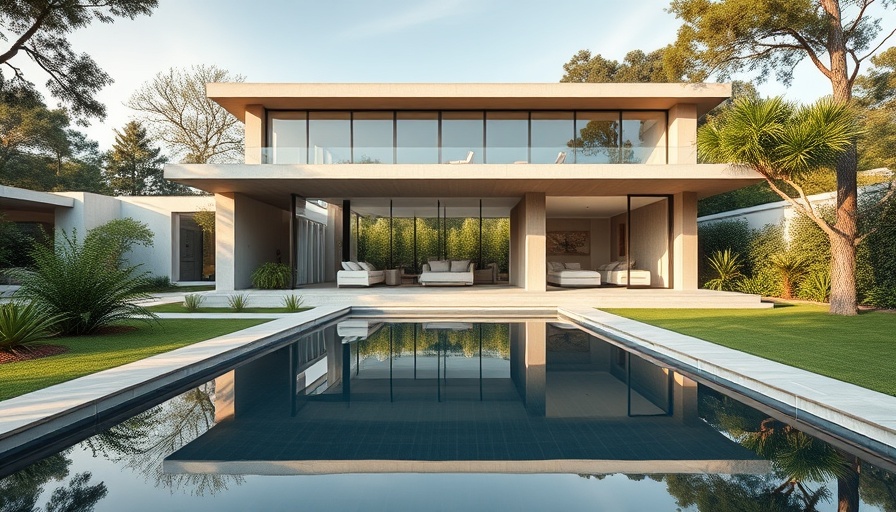
Exploring the Allure of Urban Farming in Design
Urban farming has emerged as a significant architectural trend, merging sustainability with chic interior design. As urban dwellers increasingly pursue lifestyles that embrace nature, architects and homeowners alike are recognizing the value of integrating agricultural elements into residential spaces. The style known as the "urban farmhouse" encapsulates this fusion, offering a fresh perspective on what modern living can resemble. Homeowners in this age group are not just seeking aesthetic appeal; they're looking for sustainable living solutions that resonate with their values.
In 'Inside the Urban Farmhouse,' the discussion dives into contemporary architecture blending nature and style, shedding light on key insights that sparked deeper analysis on our end.
Creating a Sanctuary at Home
In the midst of bustling city life, the aesthetic of the urban farmhouse stands out by creating a sanctuary that promotes tranquility. By incorporating biophilic design principles, elements like indoor gardens, natural materials, and ample sunlight can transform a home into a peaceful retreat. Enhancing indoor spaces with plants not only purifies the air but also instills a sense of calm and wellness within the household.
The Benefits of Embracing Sustainable Practices
As interest in sustainable living grows, urban farmhouse design embodies the promise of an environmentally-friendly lifestyle. Homeowners are increasingly mindful of the environmental impact of their choices, making energy-efficient systems and renewable materials paramount considerations. By adopting these principles, individuals contribute to a larger movement aimed at combating climate change while enjoying the beauty that comes with plant integration.
Counterarguments: A Balancing Act?
Despite the allure of the urban farmhouse, some skeptics raise valid concerns regarding the space required for urban gardens. Urban properties can often be limited in size, making it essential for thoughtful planning to optimize available space. This perspective highlights the importance of innovative solutions such as vertical farming and hydroponics, which allow homeowners to cultivate gardens without sacrificing living space.
Future Trends: Where Urban Farming Is Headed
The future of urban farming and residential design is poised for exciting developments. With the advent of smart home technologies, homeowners can seamlessly integrate high-tech systems into their gardening efforts. Automated watering systems, climate control tools, and virtual reality gardening guides present opportunities for enhancing urban farming endeavors while simplifying the process.
Concluding Thoughts: The Call to Embrace Change
The urban farmhouse design trend provides homeowners with the chance to reconnect with nature while simultaneously elevating their living spaces. As we move forward, it’s essential to engage in discussions about how we can balance the demands of city living with our desires for holistic and green environments.
 Add Row
Add Row  Add
Add 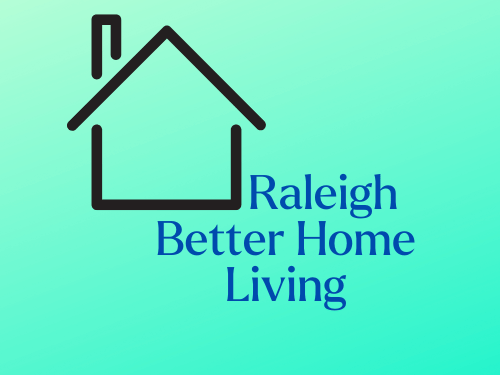

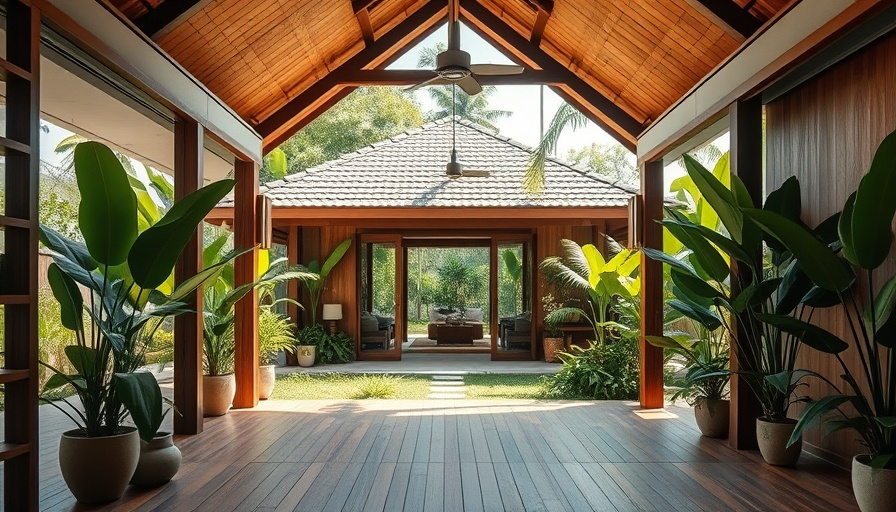
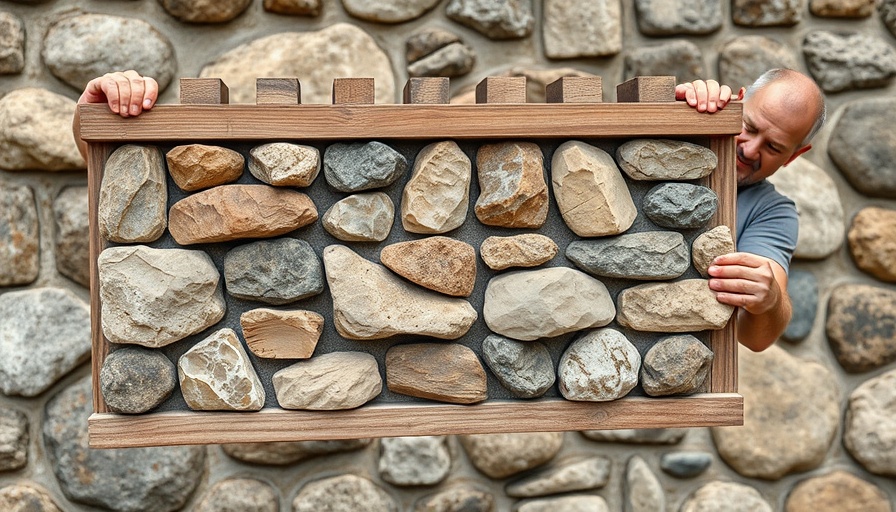
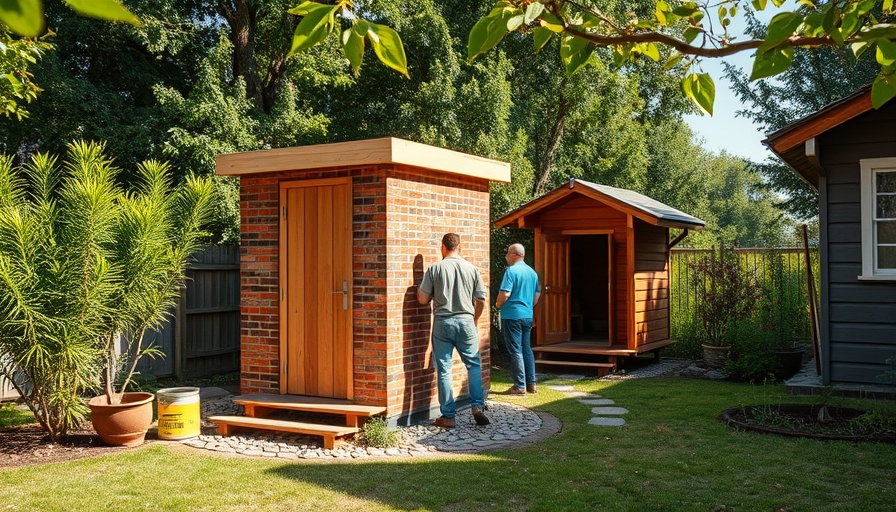
Write A Comment